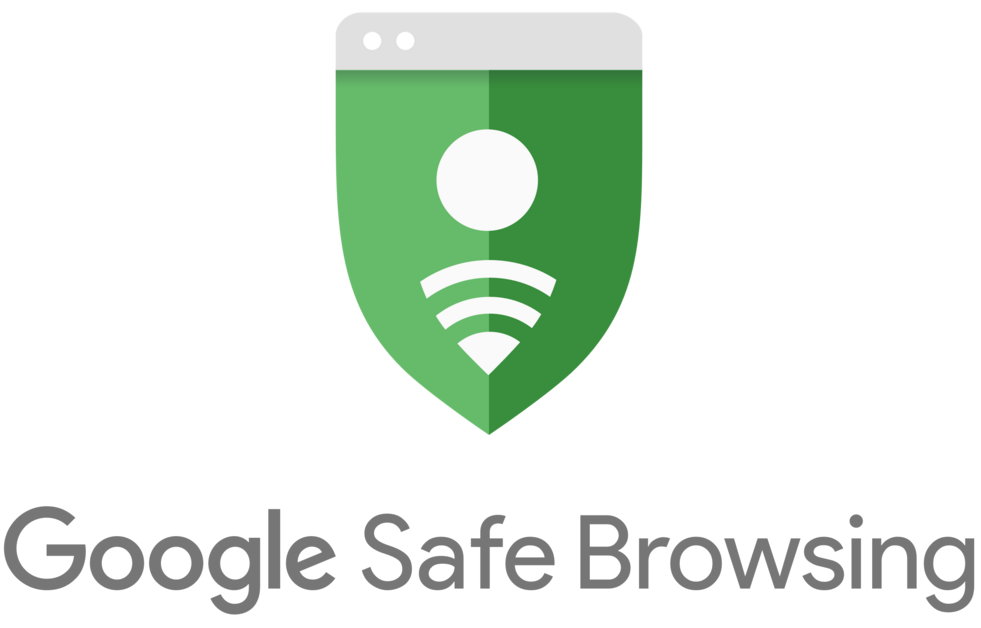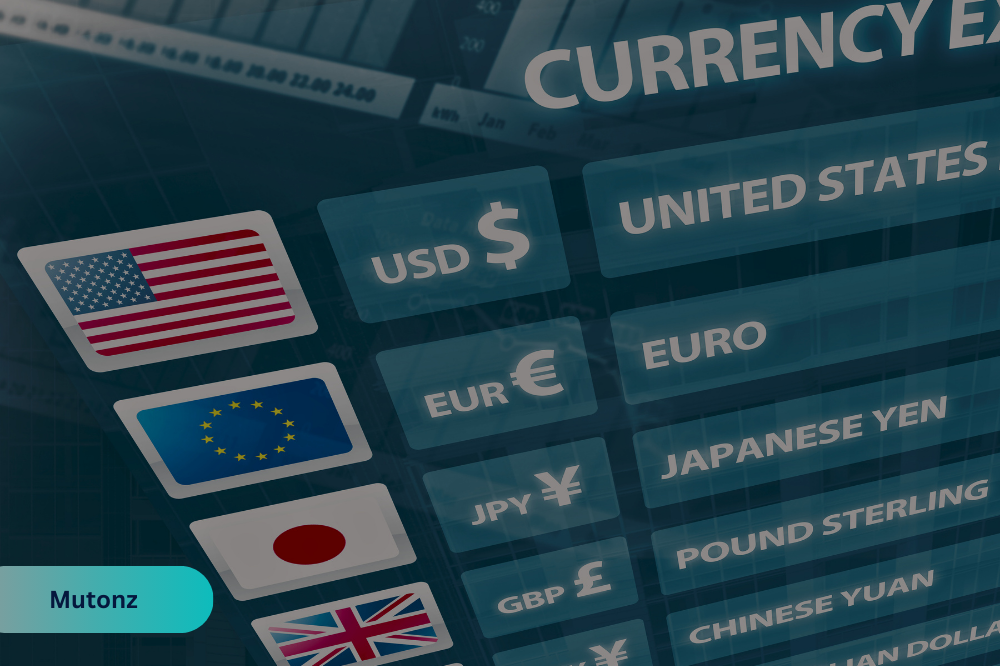When going to a different country, one think you should put in your checklist is exchanging currency. Whether you're planning a vacation or a business trip, knowing where to exchange currency and how to save money during the process is crucial.
By planning ahead and making the right choices, you can positively impact your travel budget. So, let's discuss how currency exchange works, the best places to do it, and tips to help you save money by getting the best rates.
How Does Currency Exchange Work?
Currency exchange is the process of converting one country’s currency into another’s. The exchange rate determines how much of one currency you’ll get for another. For example, if the exchange rate between the U.S. dollar (USD) and the euro (EUR) is 1 USD = 0.96 EUR, you’ll receive 90 euros for every 100 dollars exchanged. These rates are changed on a daily basis, according to these factors:- Supply and Demand: global financial markets determine exchange rates based on the demand and supply of currencies.
- Economic Indicators: inflation rates, interest rates, and economic stability affect a currency’s value.
- Market Speculation: traders’ predictions about future economic events can impact rates.
- Margin: difference between how much the exchanger bought the rates for and how much they're selling them for, representing their built-in profit.
- Commission: a fixed fee applied to each transaction, regardless of the exchanged amount.
- Foreign Transaction Fees: charges incurred when using your ATM or credit card in another country. These fees are often applied by banks for transactions made in a foreign currency.
Where To Exchange Currency
When deciding where to exchange currency, it’s essential to consider convenience, costs, and the exchange rate offered. Keep in mind that exchanging currency overseas can end up being more expensive. Here are the best options to avoid high fees:Banks and Credit Unions
Most offer currency exchange services. Credit unions often have lower fees than traditional banks and may offer better rates. Banks usually provide competitive rates for large amounts of cash, especially for account holders. Both are safe and reliable ways to exchange without extremelly high fees.- Pros: Secure, reliable, and often lower fees.
- Cons: You might need to be an account holder. Limited to banking hours and might not stock all currencies.
Online Currency Exchange Services
These platforms let you order foreign currency in advance, with options for pickup at a nearby location or delivery to your home. However, their exchange rates may not be as favorable, and delivery fees can add to the cost. Always research trusted providers to ensure a secure transaction.- Pros: Transparent fees, competitive rates, and convenience.
- Cons: Delivery times may not be ideal for last-minute needs.
ATM Withdrawals Abroad
Using ATMs abroad is often an easy way to obtain local currency. To minimize fees, look for machines that belong to your bank’s network and use your debit card to withdraw. Keep in mind that your bank might still impose foreign transaction fees for withdrawals.- Pros: mid-market rates and widespread availability.
- Cons: foreign transaction fees and ATM withdrawal charges may apply.
Tips for Saving Money on Currency Exchange
- Plan Ahead: avoid last-minute exchanges at airports or tourist-heavy areas. Research and arrange your currency exchange well in advance to secure the best rates.
- Use a Travel-Friendly Credit Card: look for credit cards with no foreign transaction fees. These cards allow you to pay directly in the local currency without additional costs.
- Shop Around For Best Offers: some providers may advertise no fees but offer poor exchange rates. Always compare the effective rate, including all costs.
- Avoid Dynamic Currency Conversion (DCC): when using your card abroad, always opt to pay in the local currency. DCC allows merchants to charge you in your home currency, often at a higher conversion rate.
- Utilize Multi-Currency Accounts: services like Wise’s multi-currency accounts let you hold and convert currencies at competitive rates. This can be especially useful for frequent travelers.
- Monitor Exchange Rates: keep an eye on exchange rate trends to exchange currency when rates are favorable. Currency rate tracking apps can help you time your transactions.
- Avoid Small Amounts: exchange larger amounts at once to minimize the impact of fixed fees, which can disproportionately affect smaller transactions.



 Renting or Buying a Home: What to Consider Today
Renting or Buying a Home: What to Consider Today  Bank Fees in Canada: Common Charges and How to Cut Them
Bank Fees in Canada: Common Charges and How to Cut Them  Financial Scams in the U.S.: What to Watch Out For Right Now
Financial Scams in the U.S.: What to Watch Out For Right Now